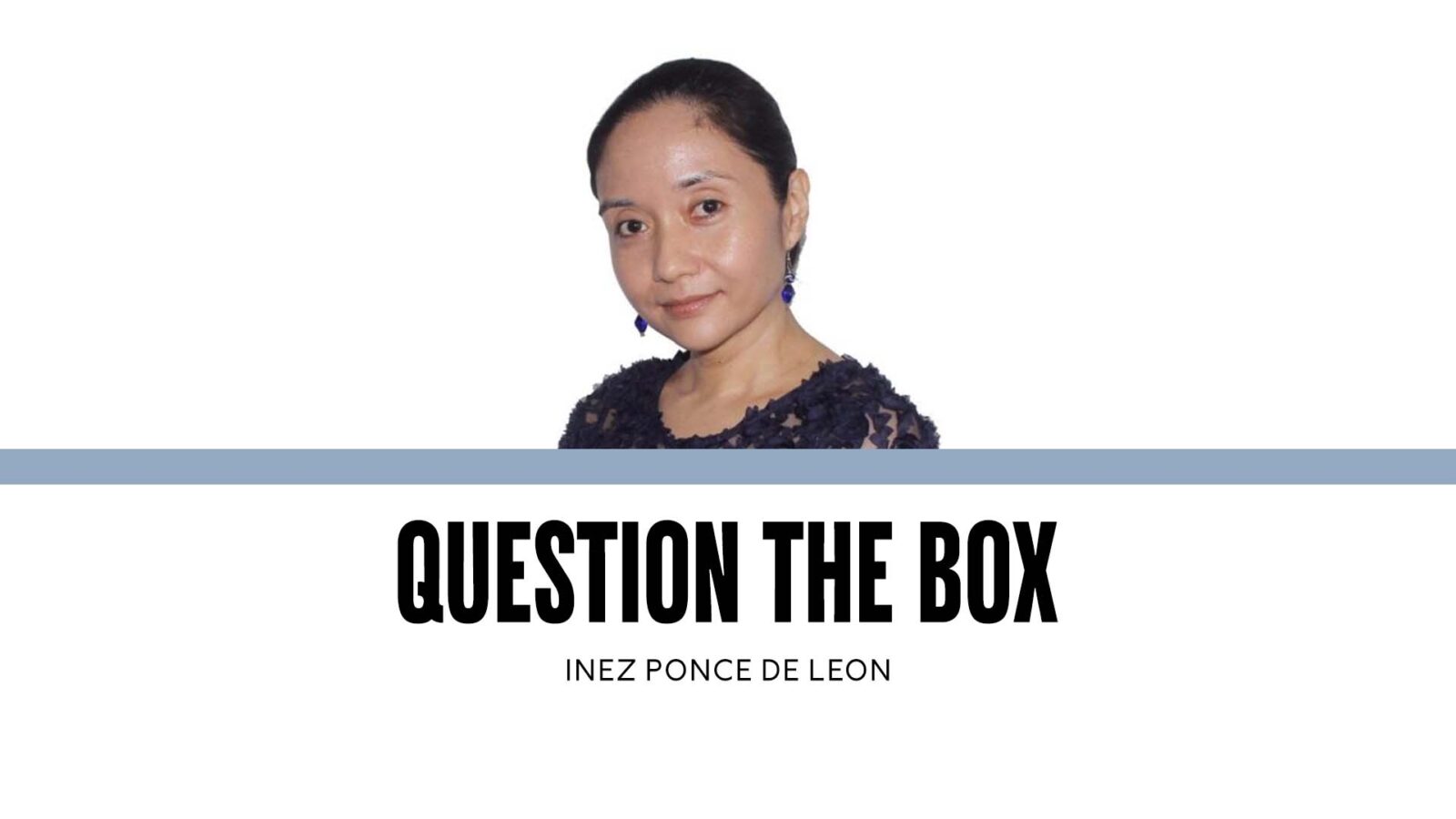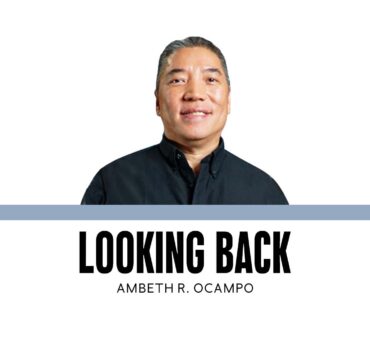Learning languages, growing grit

In last week’s column (see “Learning languages, seeing realities,” (10/01/25), I wrote about the 2025 Speak Dating event, where I got to both brush up on my languages and make new friends.
While awaiting our turn at the Ukrainian booth, I met a young professional who wants to learn languages because she is so interested in European politics. She could talk about European policies, Ursula von der Leyen and her work before she took leadership of the European Union, and the Russia-Ukraine war, which she connected to our conflicts with China in the West Philippine Sea from both economic and ideological standpoints.
I found myself having to dig through my memories, because my goodness, she could talk! I had met only very few people like her, and most of them are already faculty members in political science or international relations.
Her friends often criticized her as being too quiet, she said, almost exasperatedly; but she also said that she would rather remain silent than speak up and feign interest for a topic that she didn’t understand or like.
She wasn’t someone educated in what we often label as our top educational institutions, nor was she employed by a diplomatic office. She had a desk job, had come from a city university, and was simply eager to learn.
My fellow faculty members would call this grit. It’s what professors dream of when we interact with students, what thesis advisers love when they watch their advisees grow from student-hood to scholarship, what non-academic circles prize when they seek out new hires.
Some might lambast the idea of grit: that it glorifies long hours of work at the expense of one’s health, both physical and mental; that it encourages the growth of bad systems because it reduces people to their output; that it makes people workhorses rather than valued members of society.
The problem with this kind of thinking is that it equates grit with effort. There is no critical examination as to whether that effort is truly fruitful and efficient, or simply effort performed for the sake of showing that one is doing something.
We see this in our students when they negotiate their grades with us, and say that we didn’t see their “effort.” Their output, however, shows that the process they went through wasn’t right: they did work at the last minute, didn’t move systematically from one idea to the next, were too focused on grades.
We have to keep reminding them that the A does not stand for “average.” Rather, an A is given to those who can rival even our graduate students, who take risks and work beyond their comfort zones, who are unafraid of uncertainty, who can show that they have a broader understanding of the connections among disparate concepts.
Grit is not working hard per se. It’s showing that one is willing to put in the long hours of thinking and sorting out ideas, but is also willing to be criticized when those ideas fall flat. It is the ability to appreciate that not everyone will be gentle, or will speak your language, or will know how to cushion the blows of criticism. It is effort joined with humility. It is a willingness and flexibility to learn and unlearn.
Last week, my fellow professors and I echoed these sentiments as we went through strategy planning. We could only do so much planning, but if our students aren’t willing to make mistakes and to bounce back from them with renewed vigor, then our plans would amount to nothing.
As we discussed our ideal student, I couldn’t help going back to the young woman I met and conversed with at the language fair. I remember how she told me that she liked reading news and commentaries because there was just so much to know about the world, so much to discover in the mess of content.
A few days after the event, she found me on Facebook, and we’ve been chatting ever since.
She wants to take a graduate degree in international studies, with a focus on European politics, but she doesn’t know where to start. I’ve been coaching her on how to make connections between her current work and the field in which she wants to do research.
She has been eager to get back to school, even with her undergraduate degree and current job being in separate fields. She wants to teach after she graduates, but she is more interested in learning about a field she has always wanted to study—even if it means having to approach a whole other world with very few tools to go on.
I still have students who like to learn and are less fixated on their grades. But in these last few years, I’ve had more and more students despairing when they don’t get the grade they want, disengaging from difficult material when their first forays challenge their skills, or celebrating only their high grades but forgetting their lessons when they move to the next semester.
Perhaps we can add a few more concepts to grit: a hunger to learn in the long term, a willingness to get dirty and messed up in an uncertain world. The kind of spirit that breeds leaders who are not afraid to condemn corruption. The kind of courage that makes citizens.
—————-
iponcedeleon@ateneo.edu


















